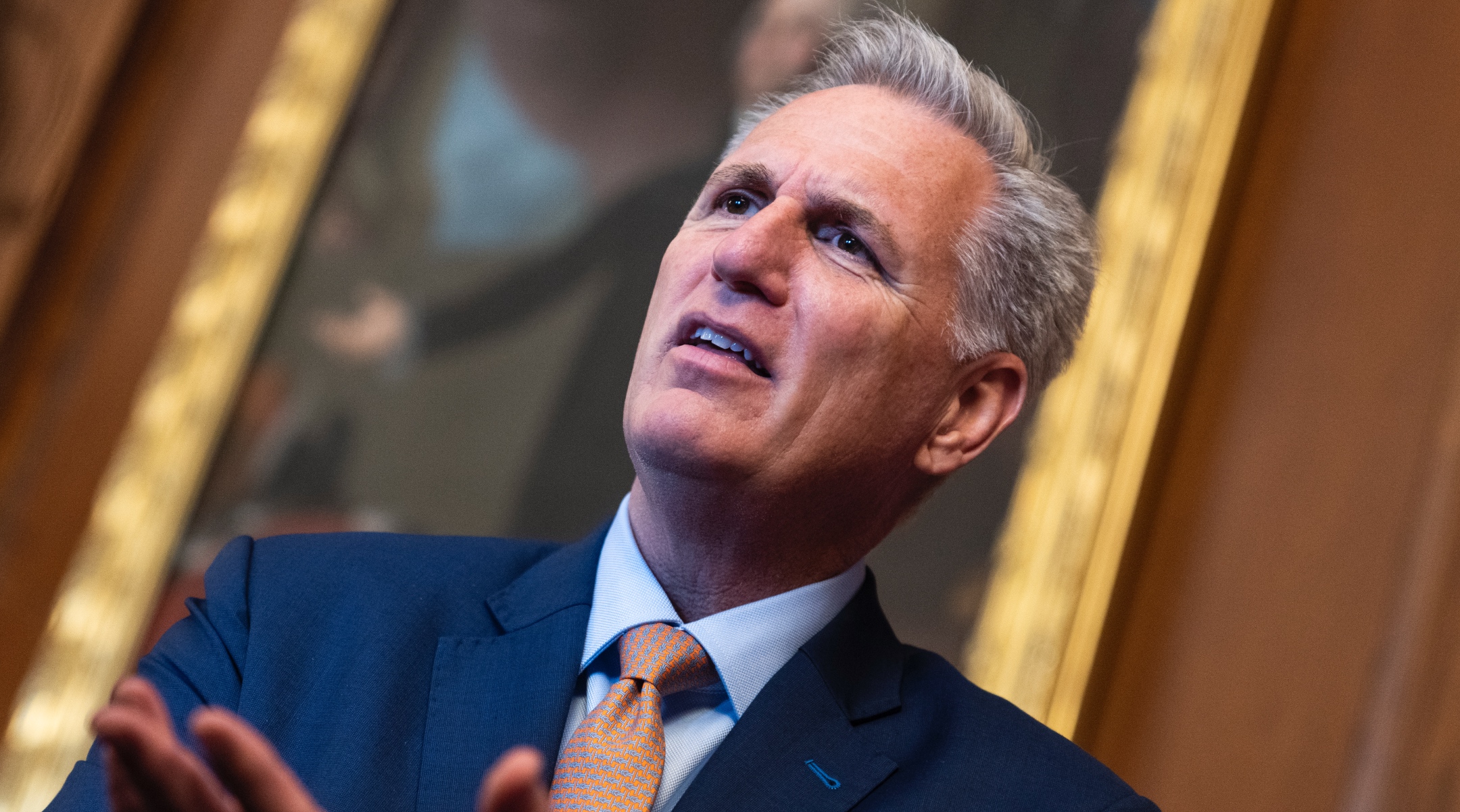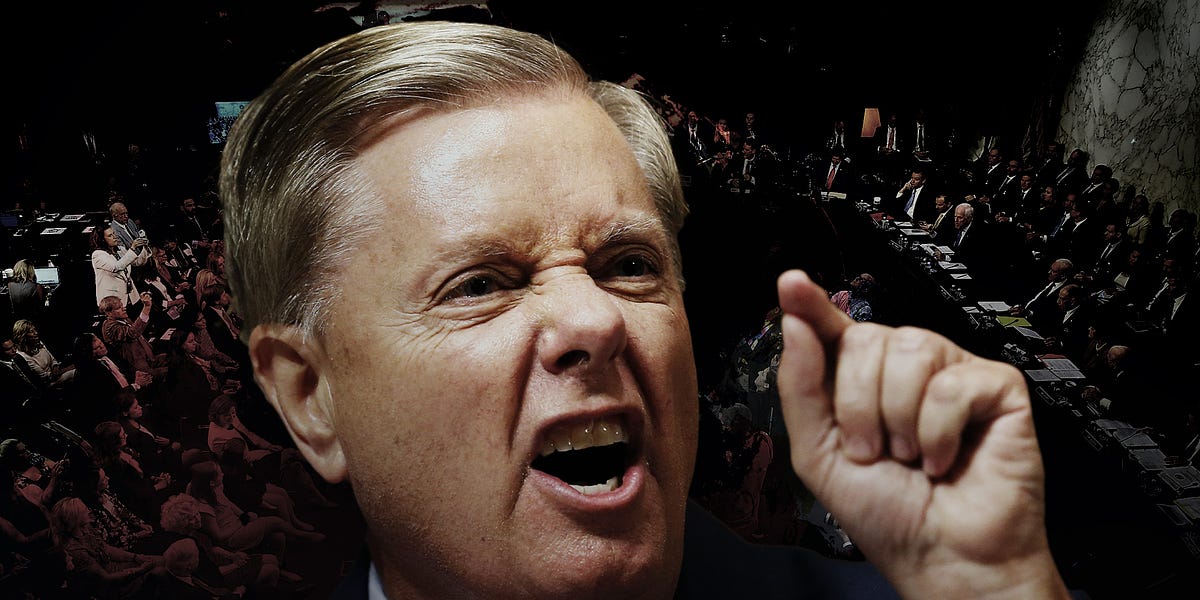Sixties Fan
Diamond Member
- Mar 6, 2017
- 58,469
- 11,068
- Thread starter
- #101
This month, Texas Senate Republicans passed three bills about religion in schools that have historians feeling déjà vu.
The first, SB 1515, would require public schools to display the Ten Commandments in a “conspicuous place” in classrooms. The other bill, SB 1396, would permit public schools to set aside time for students and staff members to pray or read the Bible and other religious texts. The third, SB 1556, would give employees the right to pray or “engage in religious speech” while on the job. The bills are on their way to the Texas House for approval. These bills follow Texas’s SB 797, which took effect in 2021 and requires schools to display “In God We Trust” signs.

 www.vox.com
www.vox.com
The first, SB 1515, would require public schools to display the Ten Commandments in a “conspicuous place” in classrooms. The other bill, SB 1396, would permit public schools to set aside time for students and staff members to pray or read the Bible and other religious texts. The third, SB 1556, would give employees the right to pray or “engage in religious speech” while on the job. The bills are on their way to the Texas House for approval. These bills follow Texas’s SB 797, which took effect in 2021 and requires schools to display “In God We Trust” signs.

The Ten Commandments could be in every Texas classroom next fall
Will the Texas GOP’s push to bring Christianity back into the classroom succeed?
 www.vox.com
www.vox.com



